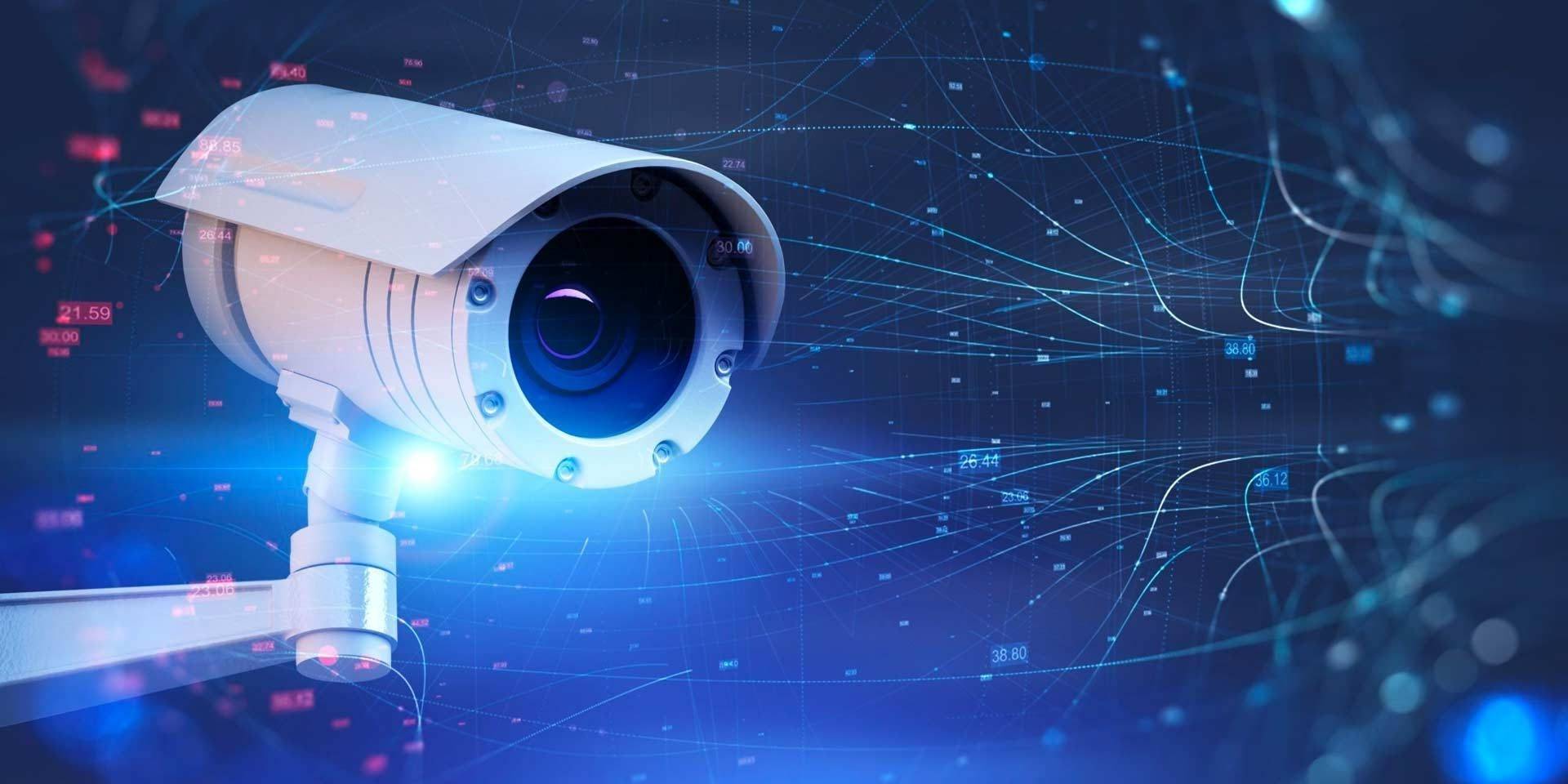Smart automation technology is revolutionizing the way businesses operate and deliver value to their customers. But what exactly is it?
At its core, smart automation technology refers to the use of technology, such as artificial intelligence and machine learning, to automate tasks and processes that typically require human intelligence and decision-making. It aims to improve efficiency, accuracy, and speed by automating tasks that would normally be done manually, while also allowing humans to focus on more high-level and strategic work.
One of the key benefits of smart automation technology is that it can reduce the risk of errors and improve the overall quality of work. For example, in the finance industry, smart automation can be used to automate the process of reconciling bank statements, which is a time-consuming and error-prone task that is prone to human error. By using smart automation technology, businesses can reduce the risk of errors and improve the accuracy of their financial records.
In addition to improving efficiency and accuracy, smart automation technology can also help businesses to save time and money. By automating tasks that would normally be done manually, businesses can free up their employees to focus on more valuable and strategic work, rather than spending time on repetitive and time-consuming tasks. This can lead to cost savings and improved productivity, as employees are able to work more efficiently and effectively.
Smart automation technology can be applied in a wide range of industries, including finance, healthcare, customer service, and manufacturing. In each of these industries, smart automation technology has the potential to revolutionize the way that businesses operate, improving efficiency, accuracy, and speed, while also freeing up employees to focus on more high-level and strategic work.
Overall, smart automation technology is a powerful tool that is transforming the way businesses operate and deliver value to their customers. By automating tasks and processes that typically require human intelligence and decision-making, businesses can improve efficiency, accuracy, and speed, while also saving time and money. So, it’s the future of technology in various fields.
Related Posts
08/17/2023
The Smart Home Revolution: Your Gateway to Modern Living
We will delve into the world of smart…
06/02/2023
AIoT Video Surveillance Systems: Transforming Security with Intelligent Connectivity
Empowering Security and Surveillance…


